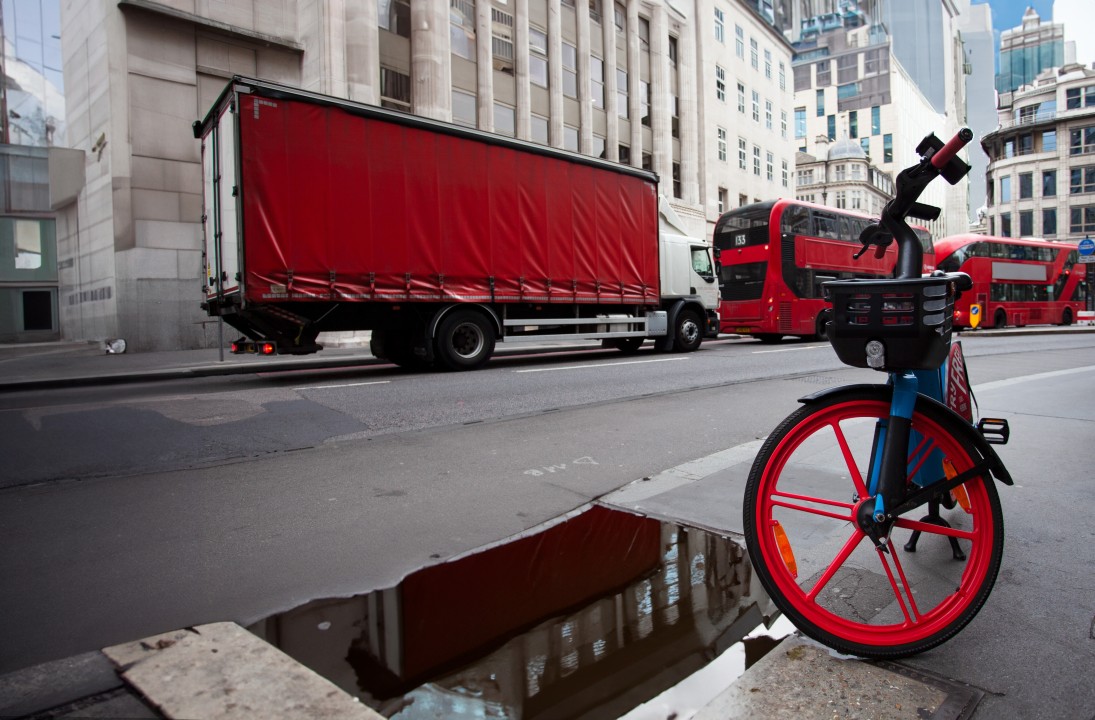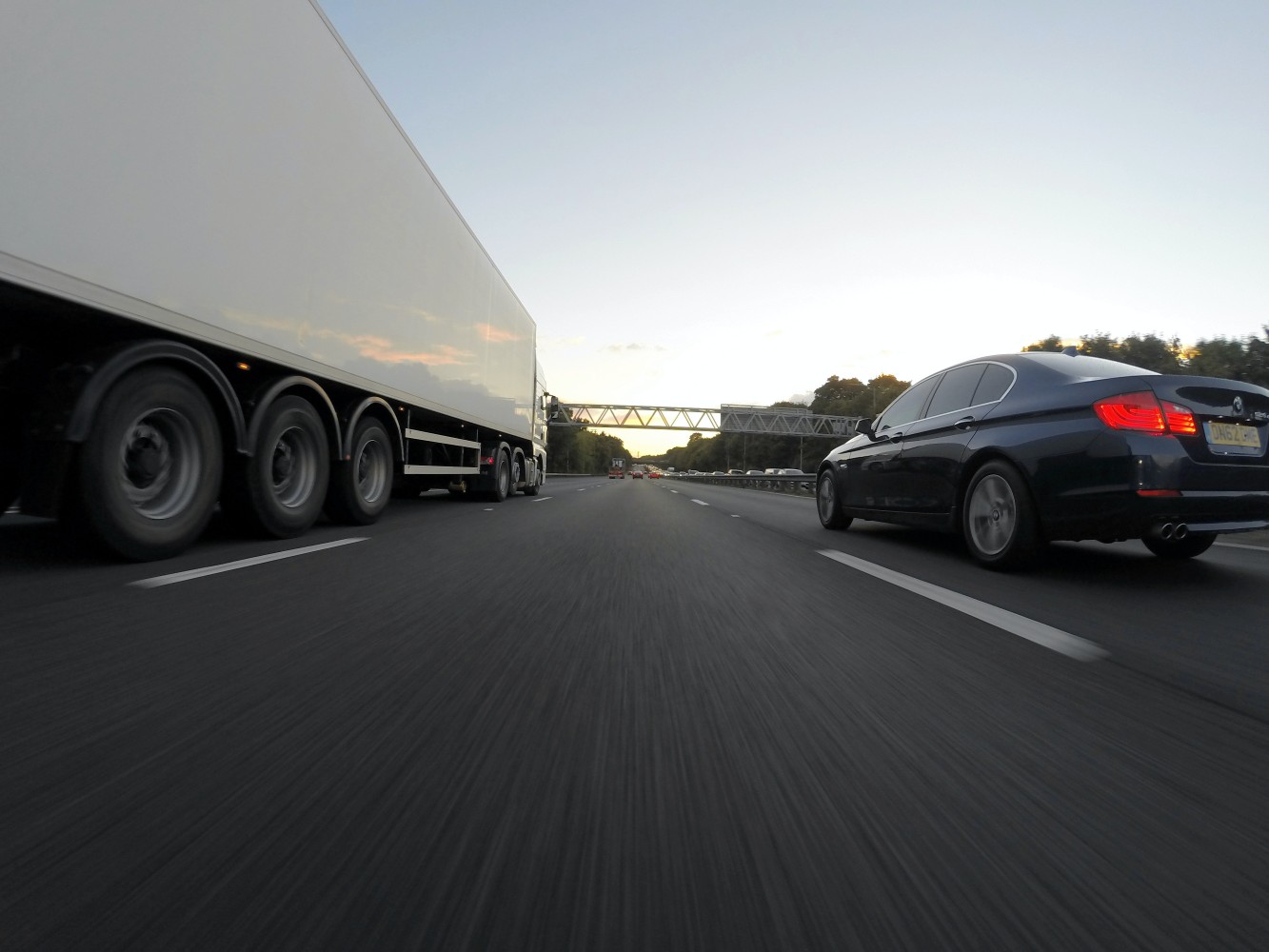
Susie Jones
Пять мифов о грузоперевозках развенчаны
Создано: 19.08.2024
•
Обновлено: 19.08.2024
На протяжении веков грузовые автомобили были основой мировой торговли, доставляя товары и предметы первой необходимости по всему миру. Однако, несмотря на свою важную роль, грузоперевозки долгое время были окутаны мифами и заблуждениями.
Хотя некоторые из этих мифов можно принять за чистую монету, другие могут нанести вред индустрии грузоперевозок и тем, кто в ней работает. Поэтому очень важно развенчать эти заблуждения, чтобы вождение грузовиков оставалось привлекательным выбором карьеры для будущих поколений. Мы спросили наших водителей в Facebook о самых распространенных мифах, которые они слышали за время своей карьеры.
1. Водители грузовиков сидят весь день
"Водители грузовиков только и делают, что сидят целыми днями". Эту фразу часто слышит дальнобойщик Люк.
Мир грузоперевозок - это больше, чем просто вождение. Водители грузовиков часто работают с другими людьми на терминалах, в доках и на складах, разгружая и загружая грузы. За рулем тоже не все гладко. Дальнобойщики должны концентрироваться на маневрировании своих автомобилей и соблюдать строгие правила тахографа. Необходимо хорошо знать, в каких районах можно и нельзя ездить, а также быть в курсе потенциальных опасностей.
2. Все дальнобойщики - мужчины
Это устаревший стереотип, который не отражает современных реалий в сфере грузоперевозок. В последнее время наблюдается значительный сдвиг в соотношении мужчин и женщин-водителей грузовиков. В 2021 году женщины-водители составляли всего 1 % из 315 000 водителей грузовиков в Великобритании. Однако это число растет год от года по мере развития отрасли и внедрения инклюзивности. Такие водители, как Джоди Смит, являются бесценными защитниками женщин в этой отрасли. Джоди рассказывает о своем опыте вождения в Интернете, вдохновляя других сесть за руль.
3. Любой может водить грузовик
Многие считают, что если они умеют водить автомобиль, то смогут управлять и грузовиком. Однако вождение грузовиков требует уникального набора навыков, который может подойти не каждому. Для управления коммерческим грузовиком требуется сертификат профессиональной компетентности водителя (CPC). Чтобы получить CPC, водители должны пройти пять тестов:
Теория
Тематическое исследование
Внедорожные упражнения
Езда по бездорожью
Практические демонстрации
Кроме того, вождение грузовиков - это образ жизни, который не каждому по душе: долгие часы в дороге, которые часто сопряжены с неожиданными трудностями.
4. Тормозной путь
"Водители легковых автомобилей считают, что тормозной путь грузовика такой же, как у легкового автомобиля" - эту фразу водитель грузовика Пол слышал слишком много раз.
Тормозной путь грузовика значительно отличается от тормозного пути легкового автомобиля в силу нескольких факторов: - Вес: общий вес груженого грузовика больше, чем у обычного легкового автомобиля, а значит, ему потребуется большее усилие для замедления и остановки
- Механика: тормозная система грузового автомобиля рассчитана на тяжелые грузы, а значит, имеет более крупные и прочные оси и тормозные компоненты, что приводит к увеличению времени срабатывания и тормозного пути.
При скорости 60 миль в час грузовику требуется 132 м для торможения по сравнению с 73 м для легкового автомобиля, что подчеркивает важность того, чтобы при резком торможении оставлять достаточно места между собой и грузовиком.

5. Дальнобойщики грязные
За многие годы за водителями грузовиков закрепился стереотип грязных и ленивых - несправедливое обобщение. Многие водители дальних рейсов проводят много времени вдали от дома и в своих кабинах, а это значит, что гигиена и чистота в кабинах для них - приоритет.
Очень важно развеять мифы и заблуждения, связанные с вождением грузовиков, чтобы лучше понять эту профессию. Развенчание некоторых распространенных мифов позволит создать более привлекательную отрасль для будущих поколений и повысить осведомленность о том, что вождение грузовиков - это высококвалифицированная профессия, которая играет важную роль в нашей экономике.
Бывает ли грузоперевозка одинокой?
Прежде чем рассматривать карьеру водителя грузовика, необходимо понять, что влечет за собой эта работа. Многие дальнобойщики сталкиваются с проблемой одиночества - долгие часы в дороге и практически полное отсутствие общения - это трудно для одних, но мечта для других.
Кроме того, время, проведенное вдали от близких людей, может сказаться на многих. Однако водителям стало проще общаться с друзьями и семьей по телефону или видеосвязи. Кроме того, существует множество форумов и полезных советов для дальнобойщиков, чтобы облегчить одиночество.
Может ли водитель грузовика иметь вторую работу?
Поскольку Великобритания переживает кризис стоимости жизни, все больше водителей задумываются о второй работе. Однако вторичная занятость сопряжена с проблемами и рисками, особенно в сфере грузоперевозок. Прежде чем приступать к работе, водители должны выяснить, существует ли в их компании политика вторичной занятости.
При разработке политики вторичной занятости компании и операторы должны учитывать влияние на производительность, посещаемость и утомляемость водителей. Не говоря уже о соблюдении правил рабочего времени водителей.


